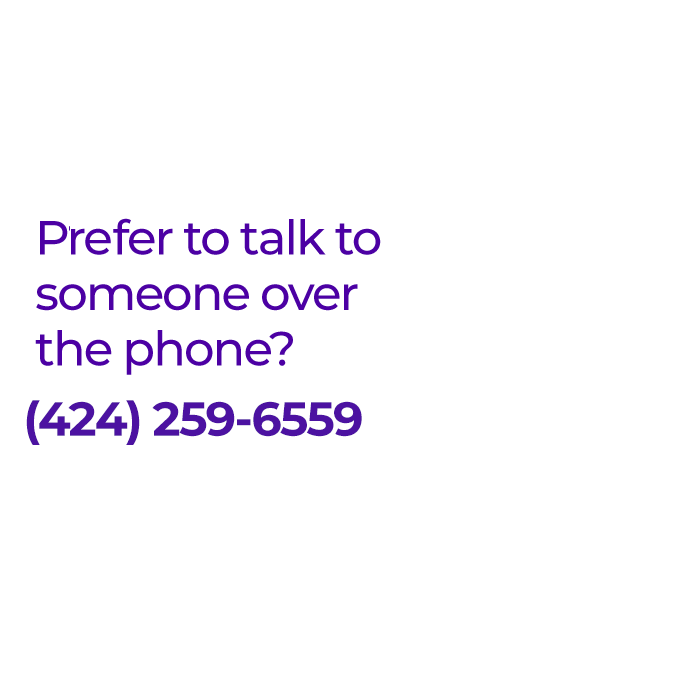You never want to be an expert on surgical complications. During my residency training, I was fortunate to work under the guidance of Edward M. Weaver, MD, MPH at the University of Washington on studies of serious complications occurring after obstructive sleep apnea surgery in over 3100 patients at Veterans Affairs Medical Centers in the US from 1991-2001. We published two papers: one showing that the risk of serious complications after sleep apnea surgery was 1-2% and another showing that the clearest risk factor for these complications was having major medical problems before surgery. A major challenge of this research was that there really was no way to know what steps to take to reduce complications, as existing databases did not include details about patient management. Even with the development of electronic health records and the explosion in recorded data, we still do not understand completely what the best approaches are for managing patients undergoing sleep apnea surgery.
Whenever data are limited, one approach to advancing the field is to bring together experts to develop consensus statements based on the available evidence. I was honored to be part of a group (of self-proclaimed experts) that attempted to do just that. Madeline J. L. Ravesloot, MD, PhD, MSc and Nico de Vries, MD, PhD from OLVG in Amsterdam led this major effort to evaluate and synthesize the literature on a wide range of topics related to perioperative care, the management of patients before, during, and after obstructive sleep apnea surgery. The day before the 2018 Munich meeting of the International Surgical Sleep Society, this panel convened and included surgeons as well as sleep medicine physicians, anesthesiologists, and critical care specialists. Using the so-called Amsterdam Delphi Method that defines consensus with at least 70% agreement among the members, there were 32 consensus-based recommendations that have been recently published in the journal JAMA Otolaryngology.
What were the recommendations for perioperative care?
The recommendations spanned a wide range of topics, and we grouped them according to the time period where they would apply. Some of the highlights are:
- Bleeding is a risk common to all sleep apnea surgery, varying according to the type of surgery
- Alternative pain management options should be considered to reduce opioid use after surgery
- Intubation and extubation can be especially difficult in patients with obstructive sleep apnea
- Nasal surgery and minimally invasive surgery can be performed safely as outpatient surgery unless there are specific reasons to admit a patient
- Postoperative monitoring should include monitoring of breathing, whether with oxygen saturation or another means
Overall, there clearly is insufficient evidence to guide even the key aspects of perioperative care. That being said, there is some value to combining the best evidence we do have with experienced physicians from a diversity of specialties in efforts like this. This publication highlights areas where this is strong or weak evidence and where further research might address key questions with unclear answers. I look forward to doing what I can to be part of these efforts.




49 − = 46